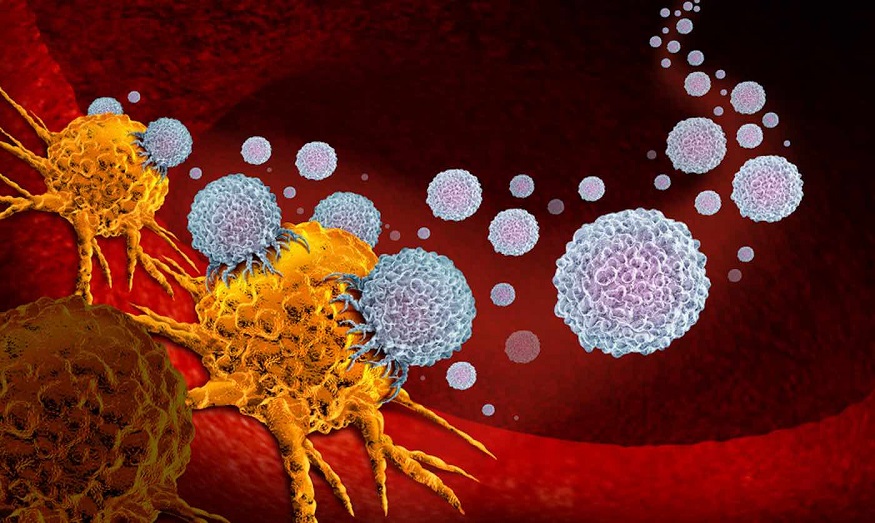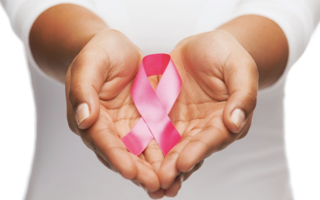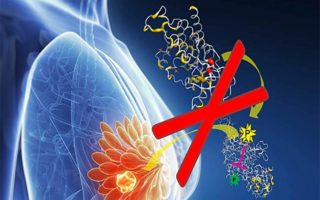Taste changes during or after cancer treatment is a common phenomenon. The changes are more prominent in bitter, sweet and/or salty foods. There are some foods that might taste bland or every food might taste the same. You might also have a chemical or metallic taste post consuming meat or high-protein foods. These taste changes can result in loss of appetite and weight loss. It can also cause food aversions which refer to a strong dislike to certain foods. Any changes that are affecting your ability to eat must be addressed immediately.
Causes of Taste Changes
There are numerous causes of cancer induced taste changes and the associated treatment. Understanding the cause helps manage your health better. Amongst the topmost causes of taste change includes chemotherapy. It usually takes 3 to 4 weeks for these taste alterations to end post the treatment. The most common types of chemotherapy that are known to cause taste changes include:
- Cisplatin
- Fluorouracil
- Cyclophosphamide
- Vincristine
- Doxorubicin
- Paclitaxel
Opioid medicines that are used to relieve pain such as morphine and antibiotics used to treat infections are also known to cause taste changes. Radiation therapy to the neck and head is known to cause harm to the salivary glands and taste buds, causing taste changes. However, these changes begin to improve post 3 weeks to 2 months after the treatment. Other causes that can cause taste changes include:
- Dry mouth
- Surgery to the throat, nose or mouth
- Biological therapies such as interleukin-2
- Mouth infections
- Damage to the nerves involved in tasting
- Vomiting or nausea
- Dental or gum problems
Managing Taste Problems
Taste changes can sometimes make it hard for people to consume healthy foods and maintain a healthy weight. Although there are no specific treatments for taste problems, treating the cause can certainly help. Treating the cause of a mouth infection or dry mouth for instance can improve taste changes. If you recently had a lung cancer surgery or undergoing treatment for mouth cancer, talking to your doctor or dietician is important. Also, consider these tips to cope with taste changes:
- Choose foods that taste and smell good, even if you are unfamiliar with them.
- Consume cold or frozen foods. These taste better than hot foods. If you are receiving chemotherapy with oxaliplatin however, cold foods must be avoided.
- Use glass cookware and plastic utensils to lessen the metallic taste.
- Marinate meat in sweet wines, fruit juices, salad dressings and other sauces to improve the taste.
- Sugar free gums and hard candies in flavors such as lemon, mint and orange can help mask a metallic or bitter taste in the mouth.
- Chemotherapy induced taste aversions can be prevented by avoiding eating 1 to 2 hours prior the therapy and 3 hours post chemotherapy.
- Flavor foods with spices, herbs, sugar, lemon and sauces.
- Take zinc sulfate supplements to improve the taste.
- Keep a clean and healthy mouth by brushing and flossing daily.
Cancer can drain you both physically and emotionally. Therefore, it becomes important for you to visit the best cancer hospital in Hyderabad or elsewhere to ensure the best treatment.




